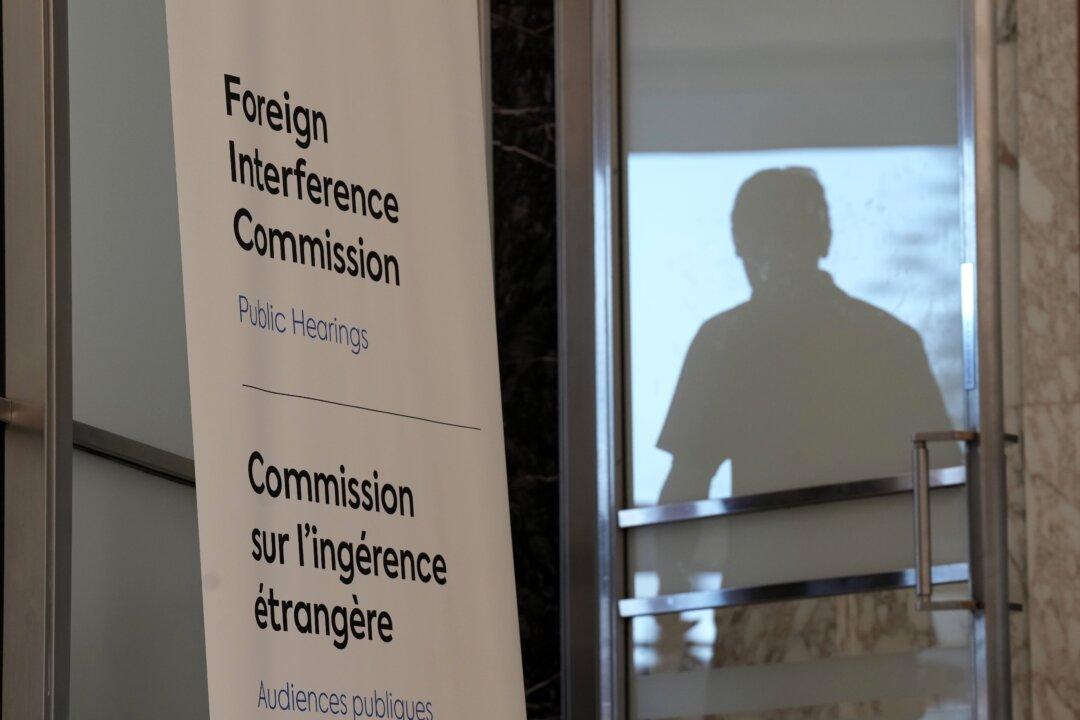The Foreign Interference Commission heard about the impact of disinformation on diaspora communities in Canada targeted by Beijing as it probes the federal government’s ability to counter foreign meddling.
Representatives from various diaspora groups and organizations testified before the inquiry on Oct. 2, providing examples of foreign-directed activities aimed at undermining human rights advocacy or the democratic process.





